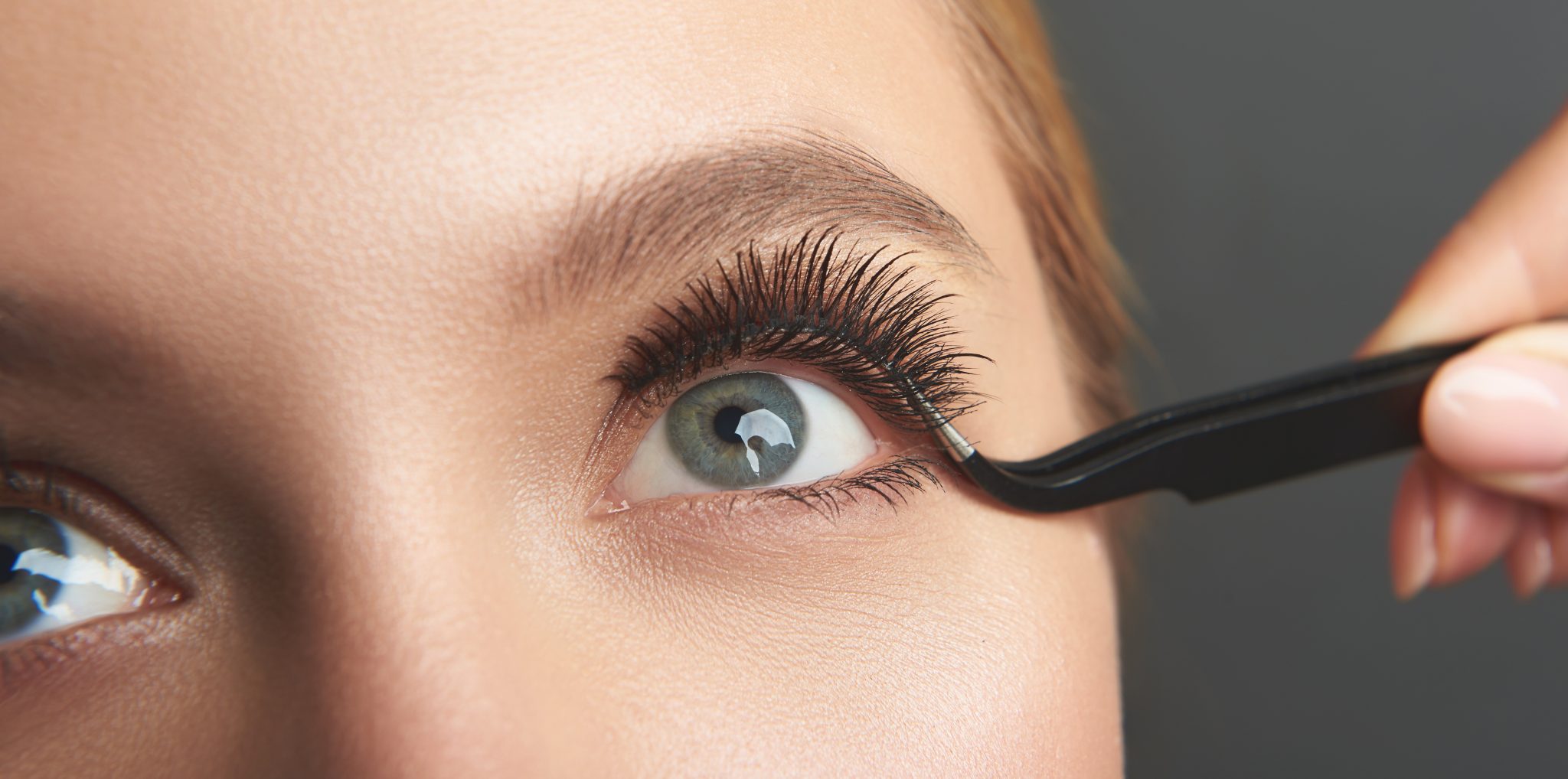A new discovery that probiotics may help patients with dry eye gives hope to those – such as Jennifer Aniston – who suffer from this irritable and often debilitating eye condition.
The accidental discovery of probiotic relief was made by Brisbane optometrist Julie Newport who has a special interest in treating dry eye.
Probiotics – taken as dietary supplements or found in dairy foods – contain live bacteria that replace or add to the beneficial bacteria normally present in the gastrointestinal tract.
Julie said that dozens of her dry eye patients have now used probiotics and it does seem to help them but she suggests that they use it for at least eight weeks to determine if it is going to work for them.
She advised that she sees a lot of dry eye patients and some are more challenging than others – including one patient that she had spent months trying a range of treatments on to make her eyes more comfortable.
The patient moved cities and later emailed Julie to advise that she had started probiotics and it had made a huge difference to her eyes. Julie then decided to advise another patient, with very dry eyes, to also take probiotics.
‘This patient was experiencing very dry eyes from taking the acne drug Roaccutane and I suggested that probiotics may help. She was a dietitian and she recommended a very good one, Life Space double strength probiotic, and began taking it,’ Julie reported.
After this patient reported her dry eye symptoms had improved, Julie started to regularly recommend this course of action.
“It dove-tailed nicely with omega-3 as I also frequently suggest my dry eye patients take omega-3 fish oil capsules,” she said.
“It seems to work better when attention is paid to the microbiome – flora in the gut. Fleshing out the large intestine with better species and more flora improves absorption and is anti-inflammatory.”
Julie began doing background research and reading and said while she found no studies on probiotics and dry eye, research on what could be done to address the gut microbiome was an emerging area.
She said studies were indicating a direct inflammatory pathway from the gut along the vagus nerve to the brain. Other pathways also cause gut inflammation to have an influence on how inflamed other parts of the body become, and this includes the eyes.
Research had found possible links via this pathway from the gut microbiome to anxiety, depression and Parkinson’s disease.
Julie explained that trillions of bacteria in the gut extracted energy from food, produced amino acids, proteins and vitamins, and dampened inflammation. There are good and bad bacteria, and having a better variety of good bacteria in the large intestine had health benefits including improved immune and hormone systems.
She said that she uses different approaches for each patient as each case is individual. Some will require lubricating drops or sprays, some a short course of steroids or other treatments depending on the severity of their dry eye.
But for those people with more severe cases, a variety of treatments will be needed, she advised, as probiotics alone will not be enough although they can be used as an adjunct to other treatment.
What is dry eye?
A Melbourne study shows that at least 7.5 per cent of Australians or at least 1.9 million Aussies, have Dry Eye Disease.
A recent report found that prevalence ranges from five to 50 per cent, increases with age, is higher in women, and Asian ethnicity is a consistent risk factor. It said the economic burden and impact on quality of life, vision, work productivity, and psychological and physical pain are considerable.
Dry eye occurs when tears are not able to provide adequate moisture and it can happen as a result of many different causes which can work independently or in combination to create symptoms. Causes include some medications, staring at a computer all day, infrequent or incomplete blinking, menopause, arthritis, and ageing which slows tear production.
Frequent symptoms include dryness, burning, itching, stickiness, watering, light sensitivity, red eyes and intermittent blurry vision.
Actress Jennifer Aniston is a long time sufferer of dry eye.
She says she was addicted to eye drops to help her cope with dry, itchy eyes and light sensitivity. According to health.com, before learning of her condition, Jennifer said her symptoms became so bad that she said she had trouble reading scripts. She now uses the right eye-drops for dry eye to help control her symptoms.
Good vision for life advises you to see an optometrist if you are suffering from dry eye. Only then will you know the right course of treatment to help with the management of your condition.





